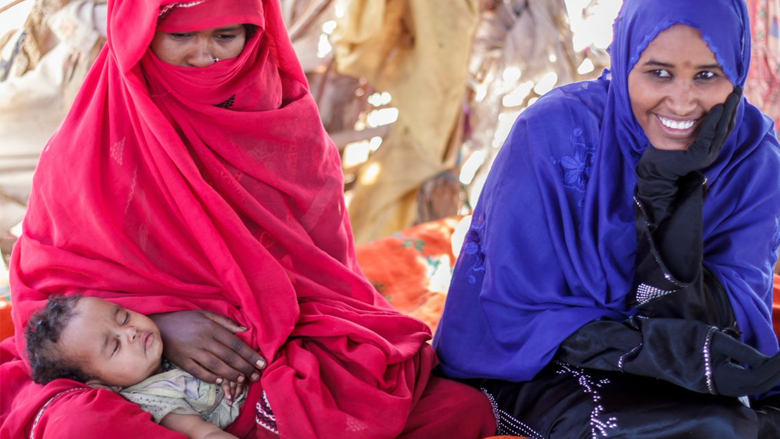Sudan has faced formidable challenges over the past decade. The secession of South Sudan induced multiple economic shocks for this already fragile country. The subsequent civil war in that country not only damaged Sudan’s economy, but also increased the already large population of refugees and internally displaced persons.
Under the leadership of Prime Minister Abdalla Hamdok and the Transitional Government of Sudan, the country is embarking on a new path. In order to consolidate peace, unlock the country’s productive potential, and shore up the private sector the government has implemented a range of reforms. Recognizing the once-in-a-generation window of opportunity for Sudan to chart a path out of fragility, conflict, and violence, the IDA-supported Sudan Family Support Program (SFSP) was launched.
The program the Sudanese people call Thamarat was introduced to strengthen social protection, increase the spending power of families, and help cushion vulnerable groups from the adverse impact of the reforms and short-term shocks. The program is also laying the foundation for economic growth by helping to establish government systems, build institutional capacity, improve public sector transparency, and digitize the economy.


